MHCC Youth Council
About us
The MHCC created the Youth Council in 2008 as a way to listen to young people (age 18 to 30) who have lived experience with mental health problems or illnesses, either personally or through a family member or friend.
With more than two-thirds of the adults who live with a mental health problem or illness reporting that their symptoms began when they were young, it’s essential to understand their needs and experiences to improve our mental health system.
In addition, while about 1.2 million children and youth in Canada are affected by mental illness, less than 20 per cent will receive appropriate treatment. By age 25, one in five Canadians will have developed a mental illness.
Our goals
Youth Council members seek to:
- Advocate on behalf of young people with mental health problems or illnesses
- Engage with youth mental health networks
- participate in MHCC projects
- represent the voice of young people at MHCC and public events
- promote recovery and inspire others.
Our projects

Recovery-oriented practice
Food for thought: A youth perspective on recovery-oriented practice
Join the conversation: #MHCCyouthcouncil
Current Members
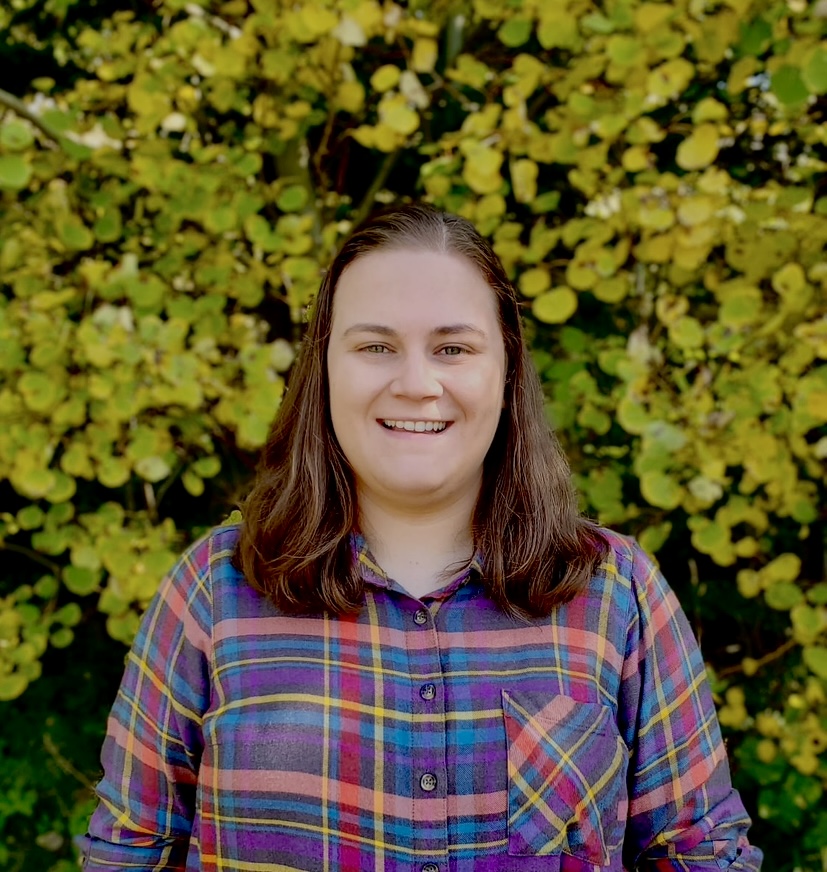
Emily Alexander
Em (she/her, they/them) is a queer mother and First Nations person with European ancestry from the west coast of Newfoundland and Labrador. As a mental health advocate and consultant, they focus on supporting equity-seeking groups, people who have experienced trauma, and those facing systemic barriers to accessing quality care.
Currently, Em is a Community Health Coordinator with the Canadian Red Cross and a member of the Patient Voice advisory group with the Canadian Medical Association. She previously coordinated Planned Parenthood NL’s 2SLGBTQIA+ Warm Line and worked to provide front-line food security with Food First NL. Em works through a recovery-oriented and trauma-informed lens while respecting the unique challenges faced by those who hold intersectional identities.
They have served on several Mental Health Commission of Canada advisory groups and panels, including the National Standard for Mental Health and Well-Being for Post-Secondary Students and the Psychotherapy Policy Implementation Network. As a content expert on youth mental health, Em co-chaired the oversight committee for Improving Integrated Care for Youth Initiative with the Health Standards Organization and is an Advisor with the Bell Let’s Talk Diversity Fund. They hold a B.Sc. (Hons) in psychology from Memorial University and an MA in psychology from the University of Toronto.

Colbi Mike
Colbi is a mother, partner, and law student from the Treaty 6 Territory in central Saskatchewan.
In joining the Youth Council, she hopes to share her lived and living experience as an Indigenous young mother, with a focus on ensuring that barriers are addressed when it comes to maternal mental health and the effects of oppression on Indigenous peoples.
Colbi is also passionate about communicating the importance of understanding our human rights, educating others on the impact of Indian residential schools, and improving access to mental health and addiction services for all.
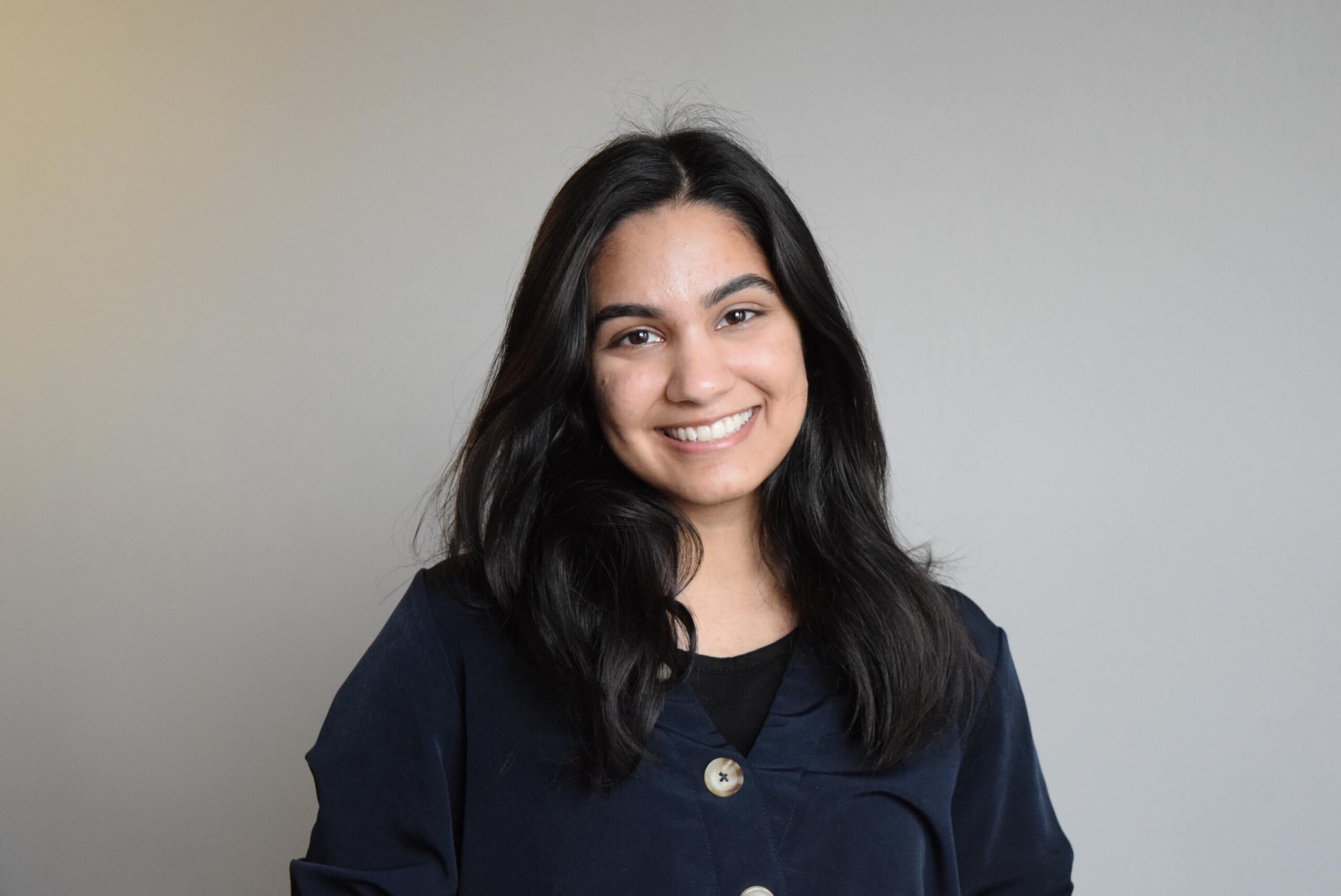
Alisha Haseeb
Alisha is currently in the bachelor of health sciences program at McMaster University. After graduating, she wishes to pursue a career in health care with an understanding of the Canadian mental health landscape for youth — particularly, members of the BIPOC, immigrant, and Muslim communities she identifies with. Through this career path, she hopes to make medicine more inclusive and accessible, and address systemic barriers to seeking help.
Through her experience of immigrating from Pakistan, Alisha has had first-hand experience with the impact of cultural attitudes on the well-being of minority communities. As the founder of her high school Jack.org chapter, she created a safe space for exploration and education on this issue, which marked the beginning of her mental health advocacy. Since then, Alisha has served as a national projects assistant intern with the Mood Disorders Society of Canada, liaised with its National Youth Advisory Council to increase funds for mental health services, planned the first Youth Summit for Mental Health in her hometown of Belleville, Ontario, and volunteered as a Jack Talks speaker.
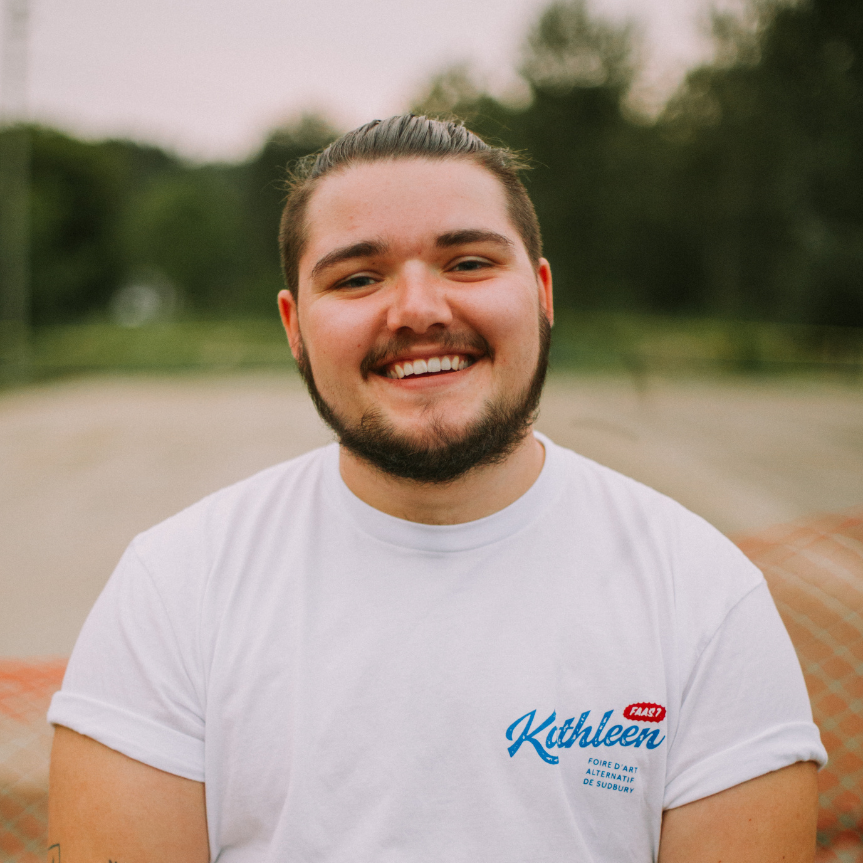
Connor Lafortune
G’chi Waabshka Mukwa ndizhinikaaz miinwaa Nimkiins ndizhinikaaz bineshiinh ndondem Okikendawt ndonjiibaa Anishinaabe nini ndow.
Connor Lafortune is from Dokis First Nation on Robinson Huron Treaty territory of 1850 in northeastern Ontario. Having completed his bachelor’s at Nipissing University, with a double honors major in Indigenous studies and in gender equality and social justice, he is in his first year of a master’s degree in Indigenous relations at Laurentian University. Connor is Anishinaabek, queer, and francophone. He works primarily in life promotion, harm-reduction, mental health, and Indigenous education through organizations such as the Thunderbird Partnership Foundation, School Mental Health Ontario, Cannabis and Psychosis Canada, and the Mental Health Commission of Canada. Above all else, Connor is a poet, an activist, a shkaabewis (helper), and a compassionate human being.
In 2021, he co-created a life promotion toolkit for Indigenous youth alongside a group of Indigenous youth across Turtle Island. Since its creation, Connor has had the opportunity to speak at the World Indigenous Suicide Prevention Conference, the Yukon Mental Wellness Summit, and the Canadian Association for Suicide Prevention Conference (twice), among others. He has also conducted research with queer youth who are cannabis users in Quebec.
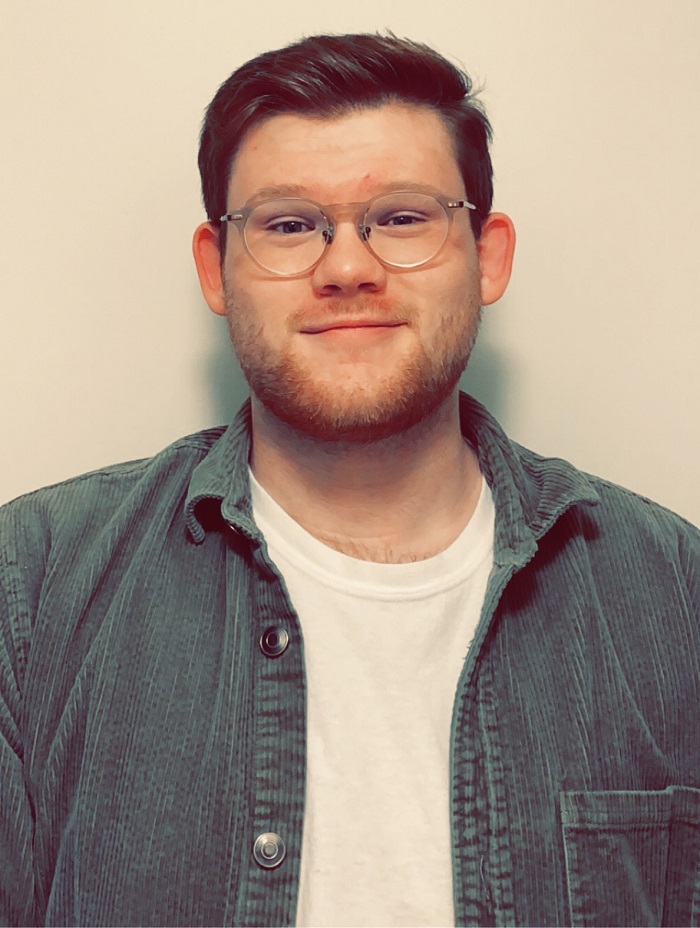
Garrett Molner
Garrett is a public health professional from Edmonton, who provides crisis support and connects people with non-emergency social, health, and government services for the Canadian Mental Health Association. This work has led to an interest in ways to better support unhoused individuals who experience addiction and mental health concerns while facing systemic barriers to care.
He is also continuing previous work as a peer navigator with Edmonton’s Community-Based Research Centre at HIV Edmonton by serving as a capacity building facilitator, a role that has helped him to recognize the value of lived and living experience when providing support to community members. Out of this work, Garrett’s deep appreciation for peer support has grown in conjunction with an interest in its uses in mental health support for 2SLGBTQ+ individuals. He is also interested in advocating for policy change to increase cultural competency among mental health care providers to better respond to mental health concerns in 2SLGBTQ+ communities. He is very passionate about his work with the Youth Council and the opportunity to use his experiences to advance mental health equity.
Garrett holds a master’s degree in public health with a focus in health policy and management from the University of Alberta.
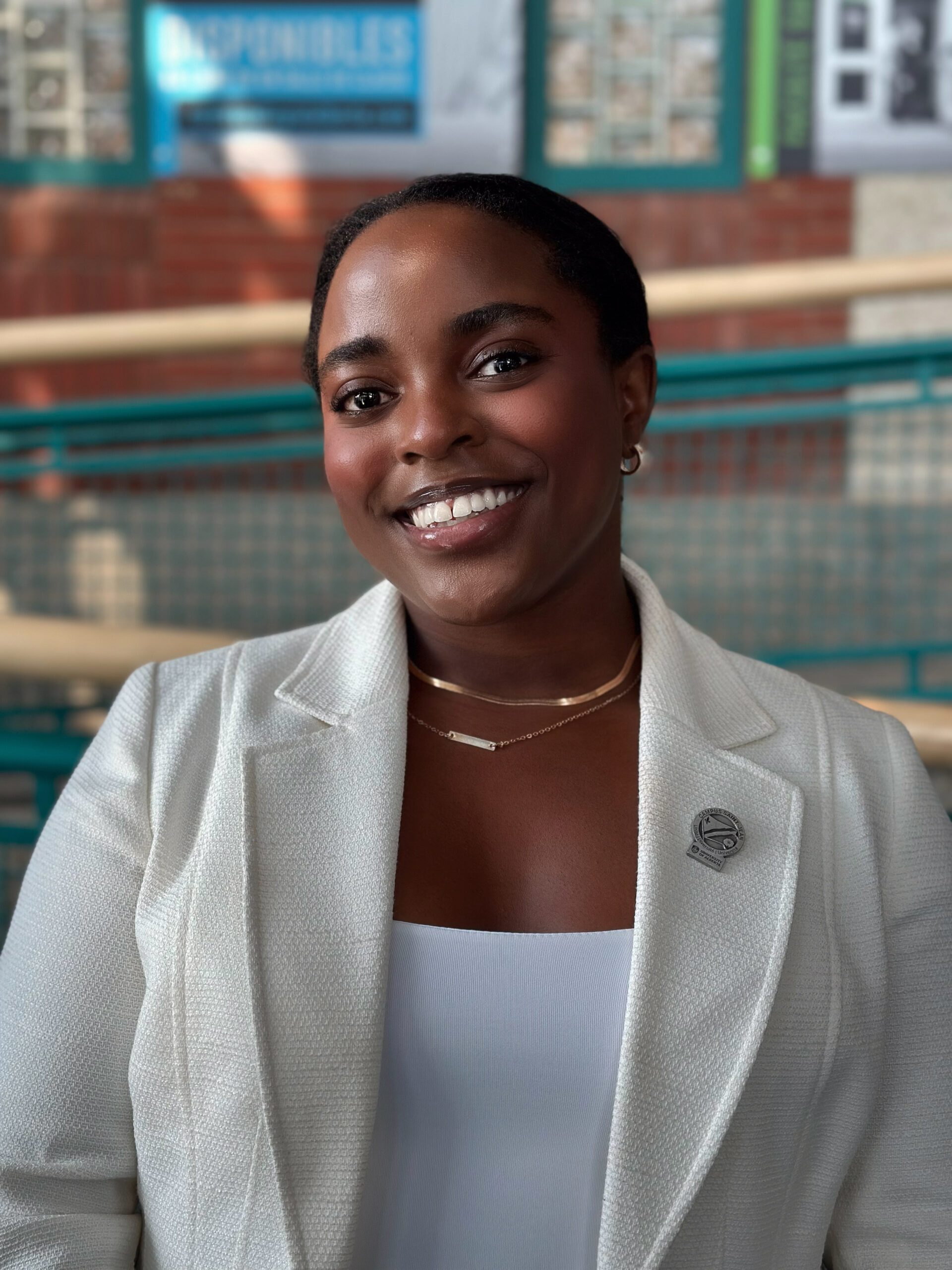
Jeanne Joannie Fogue Mgamgne
Joannie (elle, she/her) is a dedicated advocate for women and youth who channels her efforts into promoting anti-violence, gender equality, sexual education, and mental health through policy work, advocacy, and community building.
Currently in her final year of a bachelor’s degree in political science and French literature at the University of Alberta, she will soon embark on a placement doing research and awareness with the Zebra Child and Youth Advocacy Centre.
Joannie previously served as the vice-president of student life at the U of A Students’ Union, where she led non-academic advocacy efforts while representing the concerns of over 32,000 students. In 2022, she co-chaired the U of A’s World Social Justice Day working group and organized the Living Library event, emphasizing the convergence of mental health and social justice in a bilingual setting. Joannie has also played a pivotal role in aligning initiatives with federal government priorities and made significant contributions to the University of Alberta National Standard as a member of the mental health advisory committee.
Her commitment to combating sexualized and gender-based violence on university campuses persists in her current role as the advocacy lead for Students for Consent Culture Canada. Joannie’s expertise earned her an invitation to serve as a panel expert for Courage to Act: Addressing and Preventing Gender-Based Violence at Post-Secondary Institutions in Canada, which became the cornerstone of a comprehensive white paper on strategies to address campus-based gender violence complaints.
Joannie has also secured funding for, and is actively engaged in, a project assistantship with RDÉE Canada while pursuing a diploma in social entrepreneurship with ÉEQ. These endeavours aim to create a platform for French-speaking youth of African descent, with a focus on research, advocacy, and leadership.
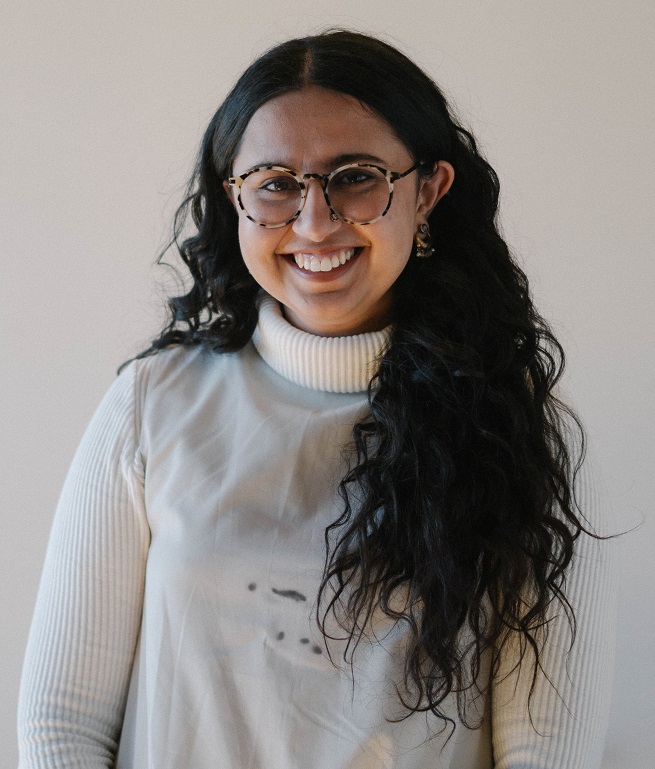
Manvinder Gill
Manvinder Kaur Gill is a community-based researcher whose work is centred on religion, culture, colonialism, and health. She holds a BSc. and a BA (hons.) from the University of Winnipeg. Her MA in religious studies from McMaster University aimed to understand the intersections of alcohol and Sikhi, particularly considering influences of colonialism, gender, and intergenerational trauma. She has held research fellowships at Delhi University and the University of Victoria.
She is currently a SSHRC-funded Master of Social Work student at the University of Toronto where she holds a research assistantship on a project titled “Border(ing) Practices: Systemic Racism, Immigration, and Child Welfare” and is completing a clinical and research internship at Women’s Health in Women’s Hands, a community health centre providing primary health care to Black Women and Women of Colour from Caribbean, African, Latin American, and South Asian communities in Toronto. Her work aims to reimagine colonial narratives and direct energy towards frameworks of love, sovereignty, and fostering spaces of co-learning. She is the co-founder of Asra: The Punjabi Alcohol Resource (asranow.ca), a youth-led grassroots initiative bringing her research into practice.
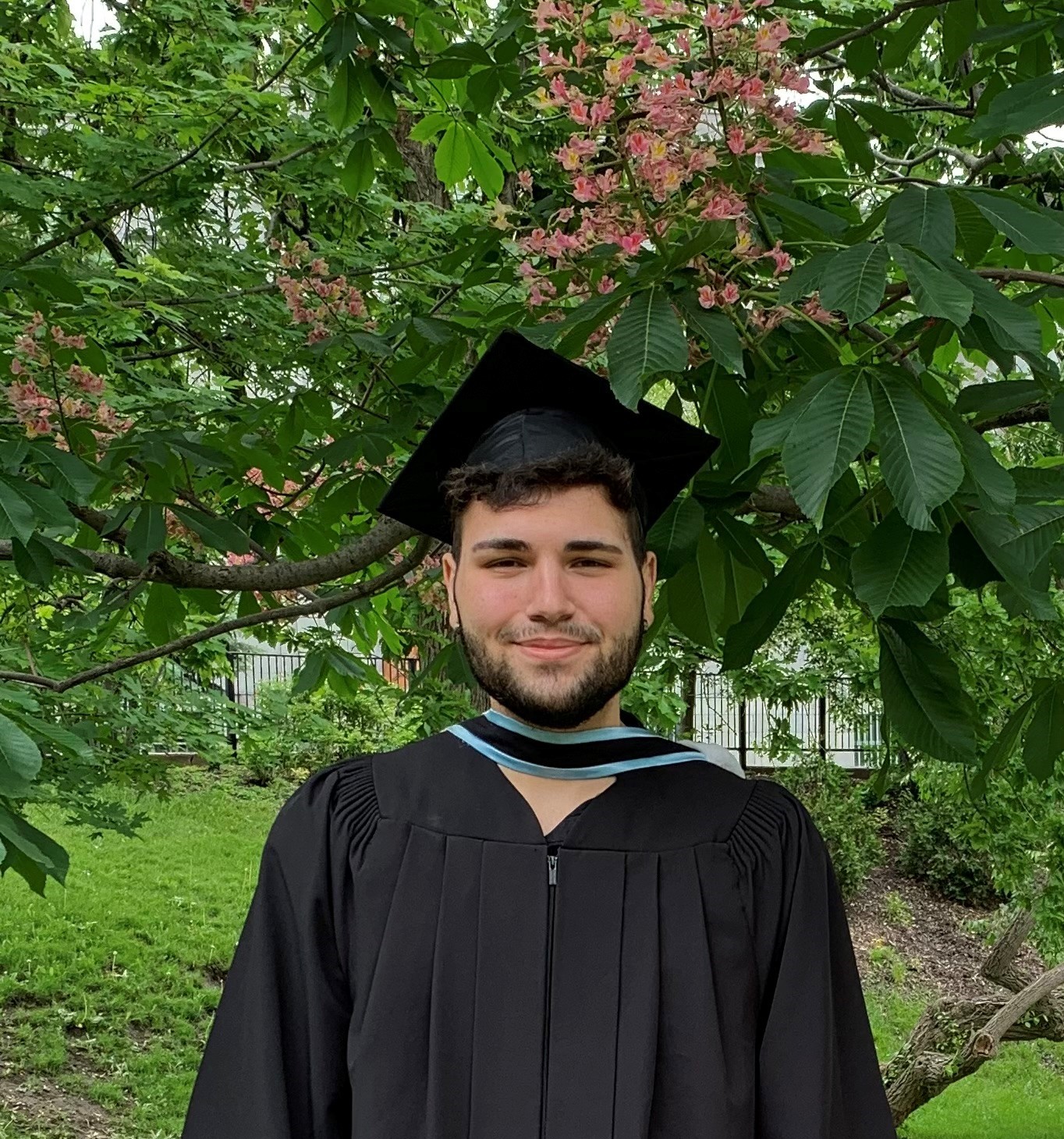
Nagi Abouzeid
Nagi (he/him) holds a bachelor of arts at McGill University with a major in psychology and minors in behavioral science and in gender, sexuality, feminist, and social justice studies. He is currently completing a master of science in rehabilitation sciences at the University of Montreal, where his research aims to assess whether significant differences exist in the perceived acceptability of digital mental health services across different socio-demographic groups.
Nagi has also been working as a crisis intervention worker in his community for nearly two years. In this role, he has met with individuals going through various crises, including suicidality, self-harm, psychosis, eating disorders, depression, trauma, and anxiety. Some of his main tasks involve establishing intervention plans with clients, intervening through the crisis line, and helping clients achieve their personal and mental health goals. While doing so, he has completed a number of training sessions on the prevention and estimation of suicidality, intervening with individuals experiencing a psychotic disorder, and special mental health considerations when working with the immigrant population.
In addition, Nagi works as a part-time research assistant and clinical moderator for the Youth Mental Health and Technology (YMHTech) Lab. His main involvement is on its HoryzonsCa project, whose primary goal is determining the feasibility and acceptability of using a digital psychosocial intervention platform to support recovery and prevent relapses in patients with psychotic disorders.
He is also a fellow for DIVERT Mental Health, a national training program for mental health researchers and clinicians that seeks to foster greater inclusivity and accessibility within the Canadian mental health care system.
Nagi’s clinical work, research, and personal experiences have enabled him to perceive the mental health care system in diverse ways. As a result, he feels he is now ready to expand the scale of his advocacy for the well-being of youth with wide-ranging lived experience.
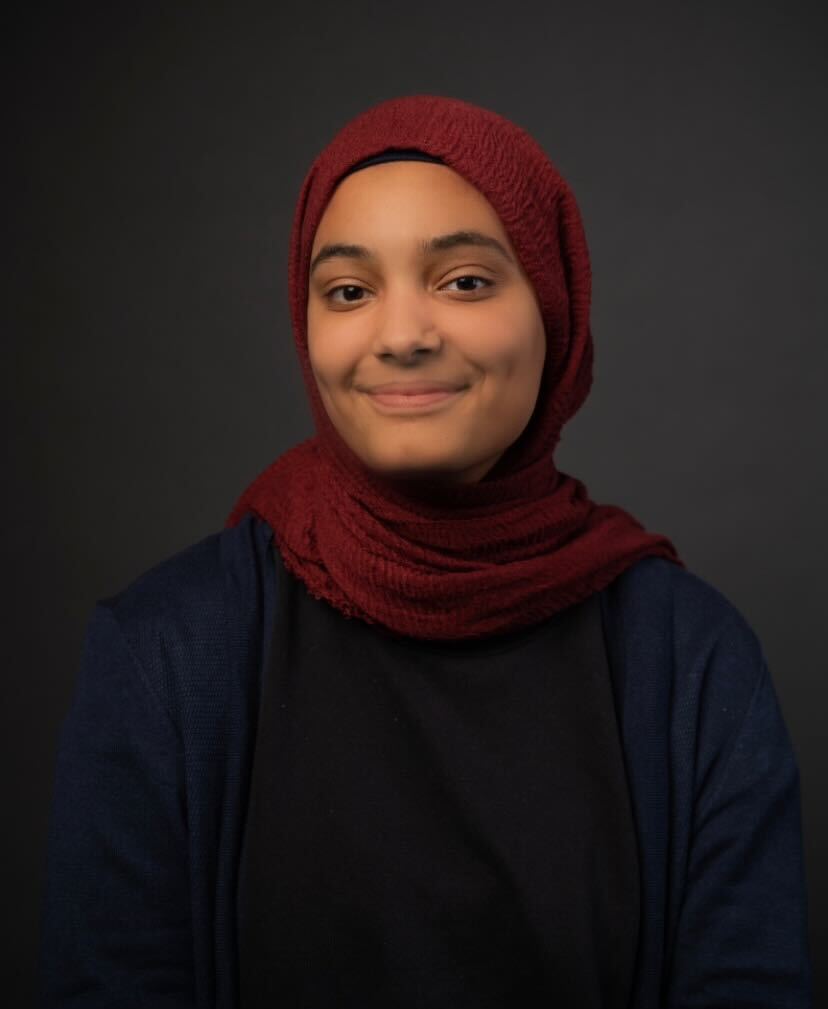
Shada Aborawi
Shada is an Alberta student advocate who is pursuing a bachelor of arts in political science and a bachelor of education in social studies education.
Her interest in mental health began while attending the 2019 Immigrant Youth Wellness Summit in Calgary. After gaining a deeper understanding of some of the gaps in mental health services, Shada’s journey into self-advocacy began. It eventually led to her appointment on the youth advisory committee at Kickstand, an organization whose work draws on the integrated youth services model. Since joining Kickstand, Shada has had the opportunity to speak at conferences and events, collaborate with other young people on a mental health podcast, participate in discussion panels and workshops on mental health services, and provide input into mental health resources administration.
Shada currently works as the outreach and advocacy coordinator at the University of Lethbridge Campus Collective Centre, a student-run resource hub where she hopes to continue and expand her advocacy work.

Madina Sutton
Madina is a Registered Nurse in Vascular Surgery at the QE II Health Sciences Centre in Halifax, Nova Scotia. She has leveraged her ten years of lived experience with mental illness to become a strong advocate for mental health promotion, stigma reduction and suicide prevention. She has a special interest in LGBTQ+ youth and people with disabilities. For over six years, Madina has presented at local, national and international conferences on topics such as how to better engage young patients in their care, how to reduce barriers to accessing care, and how to foster youth mental health. She is certified in Mental Health First Aid and Applied Suicide Intervention Skills (ASIST).
Madina represents the Youth Council on the Steering Committee for the MHCC Guidelines for Recovery-Oriented Practice and she promotes the implementation of the MHCC’s Post-Secondary Mental Health and Psychological Safety Standard by post-secondary institutions in the Maritime Provinces.
She volunteers for the Mental Health Foundation of Nova Scotia, the Canadian Postsecondary Partnership to Reduce Alcohol Harms, Dalhousie University Student Health Promotion, and Stay Connected, which is an innovative program that facilitates the transition of adolescent mental health patients into the adult mental healthcare system. She also volunteers on the IWK Health Centre Family Leadership Council, the Medical Services Quality and Patient Safety Committee, the Health Centre Hand Hygiene Champions, and the Climate Driven Infectious Diseases Advisory Committee of the Canadian Association of Schools of Nursing.

Manish Toofany
At a young age, Manish immagrated to Canada from Mauritius with his family. Now, hailing from Surrey, British Columbia, Manish is an active member of numerous mental health programs, while pursuing his studies at the University of British Columbia. Drawing from his own lived experiences, Manish has become a staunch supporter of increasing the accessibility of mental health care, especially for individuals with marginalized identities. Some of his most meaningful experiences have come from working at a peer support center and crisis line in his community. Moreover, he has worked with refugee and immigrant support and re-settlement groups in Vancouver. Hearing countless stories similar to his own has motivated Manish to advocate on behalf of communities he identifies with, namely LGBTQ2S+ individuals, people of colour, and newcomers to Canada.
